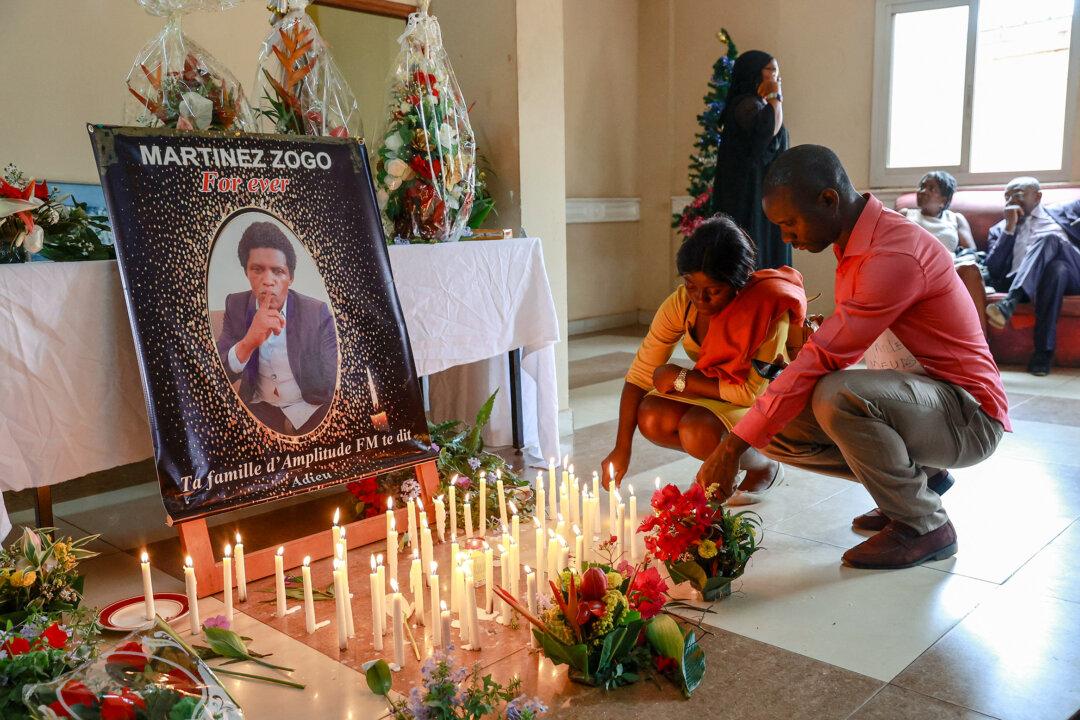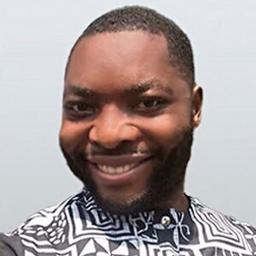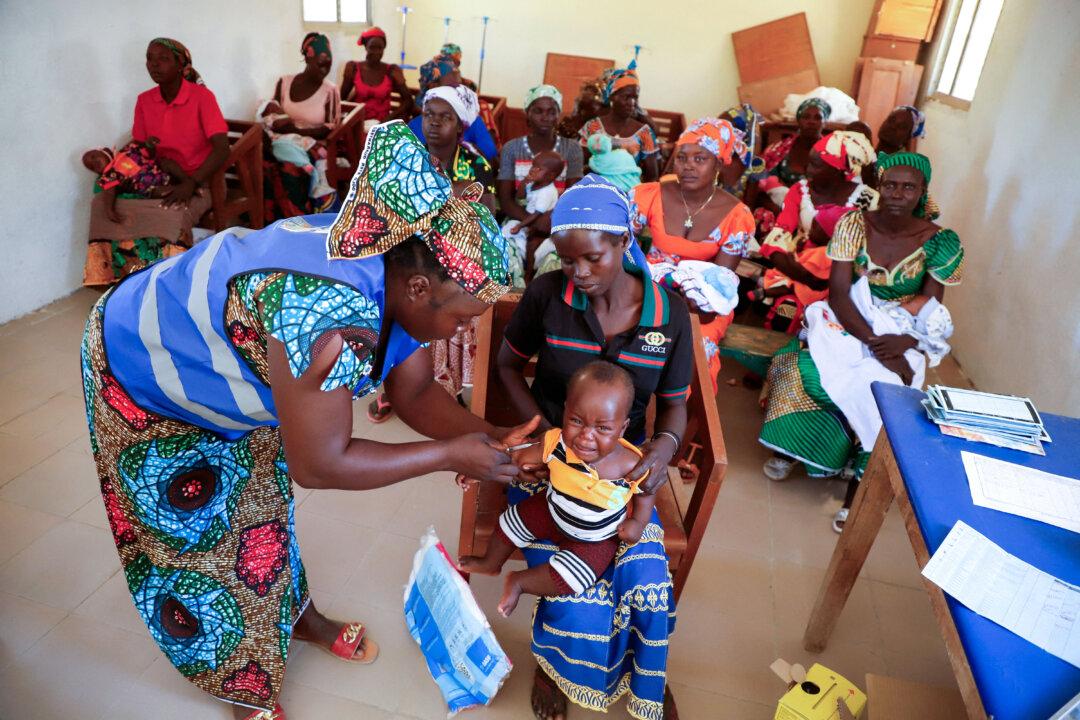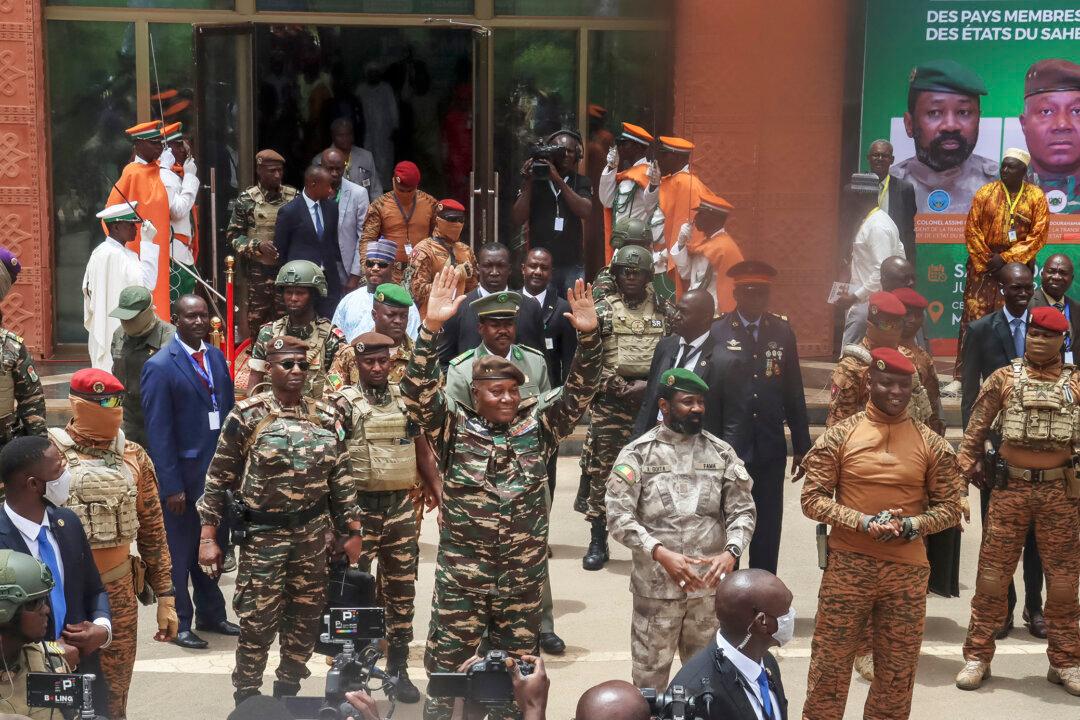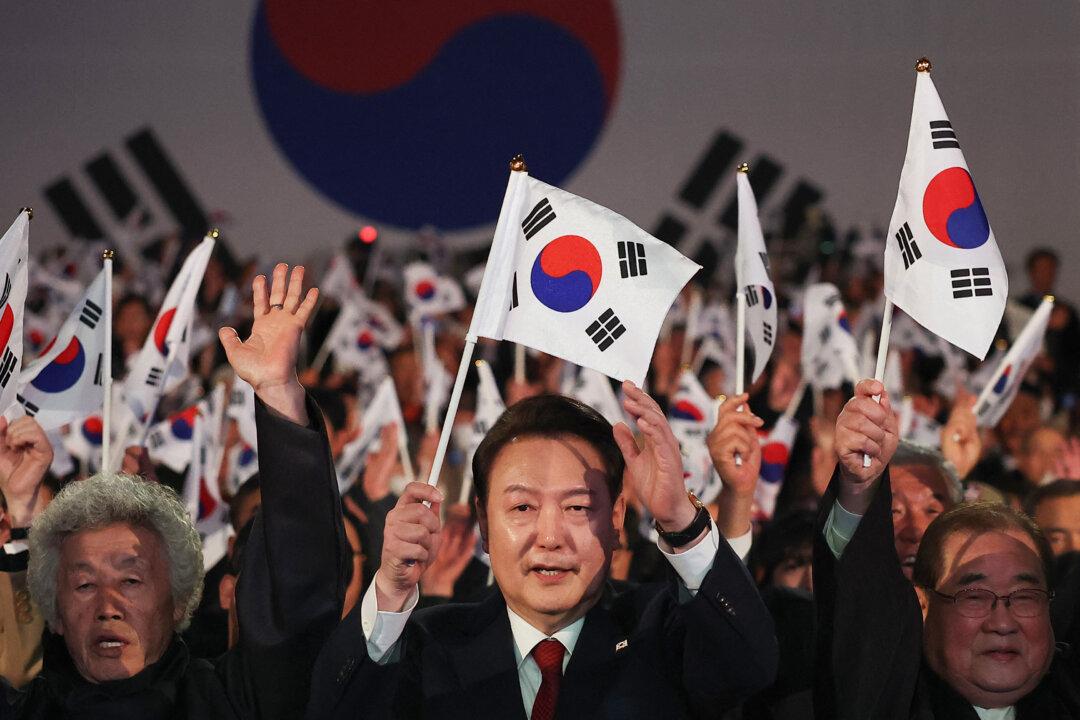A Cameroonian media tycoon arrested in February in connection with the murder of prominent journalist Martinez Zogo has been charged with complicity in torture and given a six-month pre-trial detention in the Kondengui Principal Prison in the capital Yaounde.
Jean-Pierre Amougou Belinga and his co-accused were transferred from the national gendarmerie headquarters—where they underwent questioning for 25 days—to the prison on March 4, a day after making their second appearance at the Military Court in the capital.
